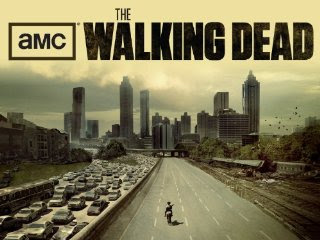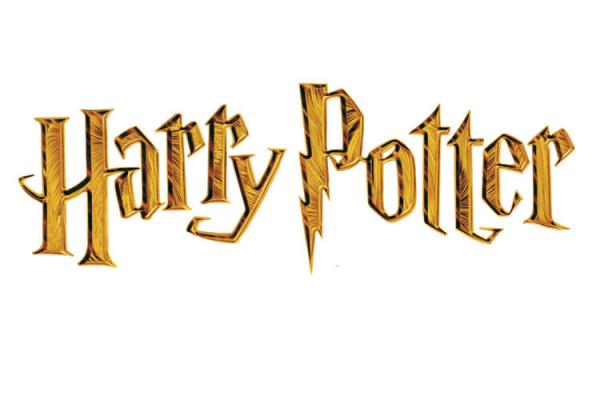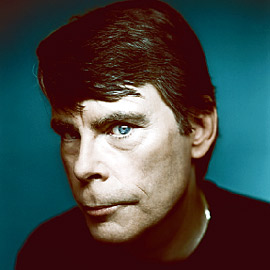Walking with Psalm 123
1 To You I lift up my eyes,
O you who are enthroned in the heavens!
2 As the eyes of servants
look to the hand of their master,
as the eyes of a maid
to the hand of the mistress,
so our eyes look to the Lord our God,
until he has mercy upon us.
3 Have mercy upon us, O Lord, have mercy upon us,
for we have had more than enough of contempt.
4 Our soul has had more than its fill
of the scorn of those who are at ease,
of the contempt of the proud.
My attempts at spiritual discipline have been quite varied throughout my life. Often times I take on a different discipline with each liturgical season with the constant of daily prayer. I hope that these exercises will assist in equipping me with a deeper discipline of engaging my spirituality. This week as I walked my dog, Summit, I recited Psalm 123. I approached this practice by briefly memorizing a verse prior to each walk and would speak it aloud or within as I walked around the local park.
Throughout the week I noticed a few things. First, I slowed down. Usually walking Summit entails a quick pace with a few encouragements for him to cease sniffing a bush for five minutes. However, as I recited the particular verse our pace became more relaxed as did my attitude. I was able to take in my surroundings and to simply be in the moment.
I also was able to gain new insight into the text. Often times when I preach or compose a Bible study I rely heavily on biblical commentaries as opposed to self-discernment and reflection. Maybe I don't think my ideas are right or good enough. But it is a practice I need to change. This discipline offered me a view of the text from life itself, not from the dust jackets of academia.

After close to a week of walking with Summit and this text I could not help but be drawn into the theme of vocation. As we were walking Summit stopped and was sniffing a tree...I stood there waiting for him, getting lost in the repetition of verse one. Suddenly I looked at Summit and he was staring at me, a bit confused as to why I was not hurrying him along. I thought to myself, "The psalmist looks to the Lord, but does that always have to be to the heavens? What about when we look to the world and see God in our vocations and everyday life?" It seems like an unlikely intention from Psalm 123, but it refocused my attention to my duties in life as being sacred...doing God's work with my hands.
As the week progressed the psalm shifted as the writer asked for God's mercy from contempt and scorn. However, I could not shake the theme of vocation. As I dwelled in this psalm I thought that the writer might be drawing us out of our own anger and frustrations and moving us towards God's mercy. In doing so, we are called to reflect that mercy back out into the world in our daily life. These words helped me let go of anxieties and stress (or at least lessen them!) of starting my final year at seminary. In their stead I was given a place to rest within the mercies of God and given the sustenance to move forward with confidence and hope. If only it couldn't always be this way!
That's it for this week. I encourage every one of you to take up a spiritual practice this week and comment on this post. Let this space be a place for you to voice and share your own experiences!
Peace,
Tom
As the week progressed the psalm shifted as the writer asked for God's mercy from contempt and scorn. However, I could not shake the theme of vocation. As I dwelled in this psalm I thought that the writer might be drawing us out of our own anger and frustrations and moving us towards God's mercy. In doing so, we are called to reflect that mercy back out into the world in our daily life. These words helped me let go of anxieties and stress (or at least lessen them!) of starting my final year at seminary. In their stead I was given a place to rest within the mercies of God and given the sustenance to move forward with confidence and hope. If only it couldn't always be this way!
That's it for this week. I encourage every one of you to take up a spiritual practice this week and comment on this post. Let this space be a place for you to voice and share your own experiences!
Peace,
Tom





